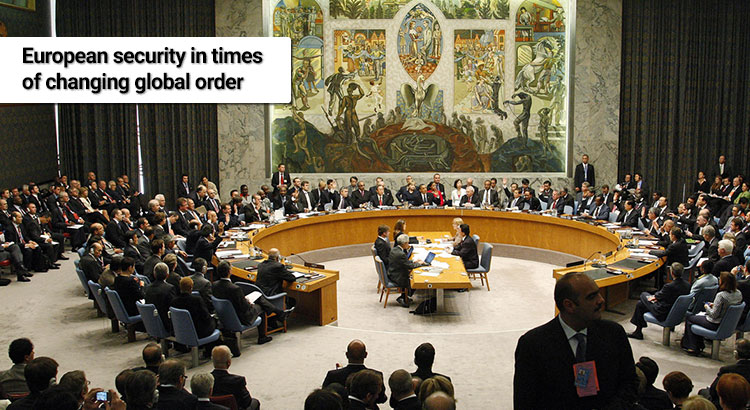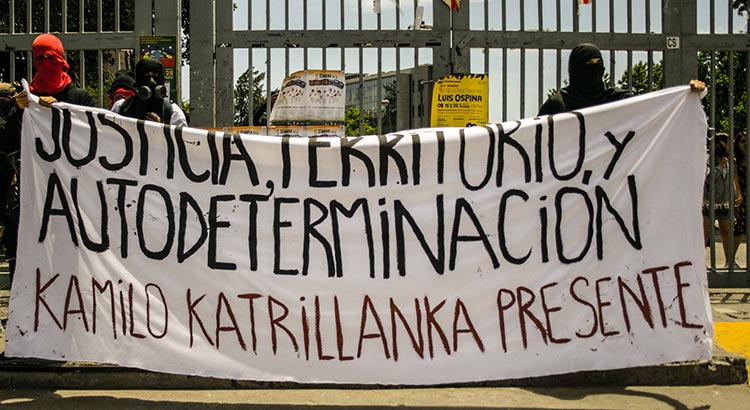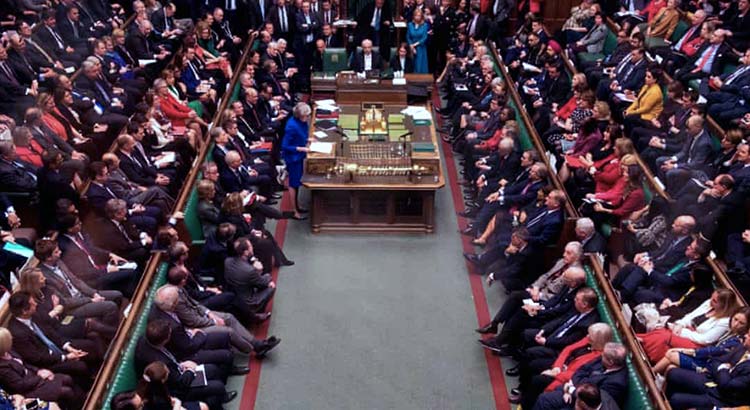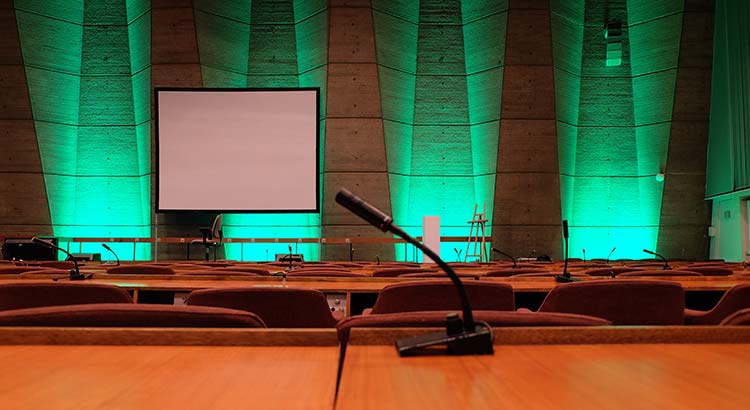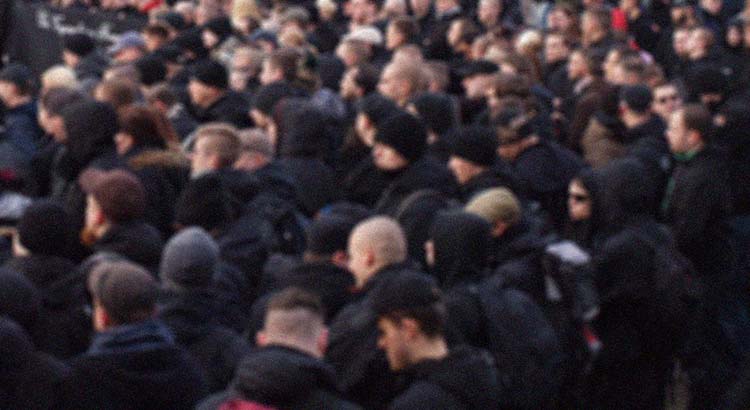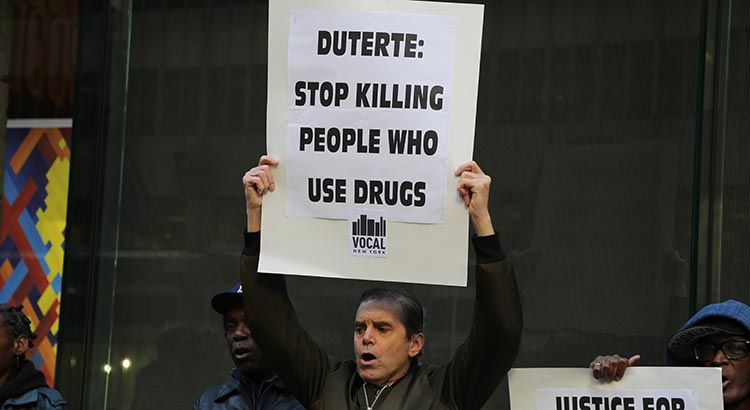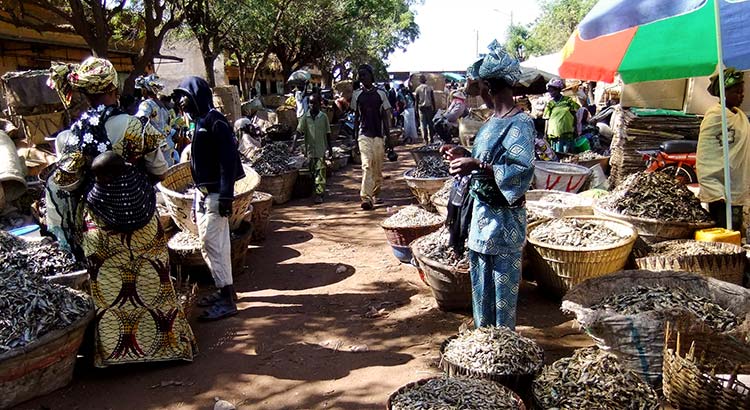European security is in crisis. Like every crisis, this one not only has a prior history, it has also been in the offing for quite some time. 2008 marked a first peak, after the Bush administration offered the NATO Membership Action Plan to Georgia and Ukraine: Russia demonstrated in the war with Georgia who sets the tone in the former Soviet Union. A similar pattern emerged in 2014 in the Ukrainian crisis, this time with the EU in charge and Russia reacting even more forcefully. Since then, the crisis has escalated with almost unrestrained momentum. Its most recent expression is the termination of the INF Treaty, which carries with it the acute danger of a new (medium-range) missile crisis on the continent.
Kategorie: English
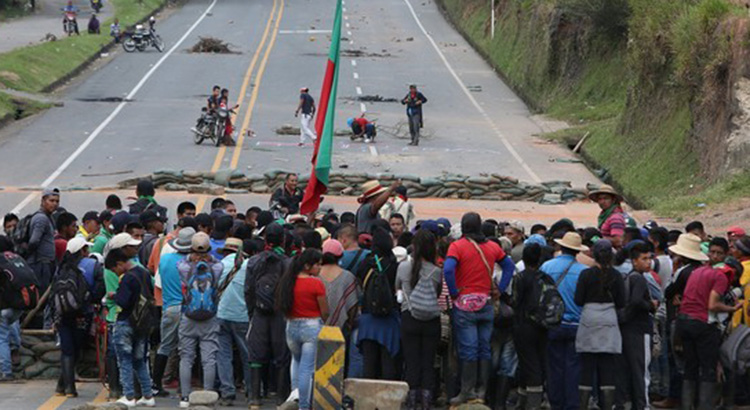
On the brink of escalation: indigenous groups mobilize against the government in Colombia
Since March 2019, indigenous people in the South-Western part of Colombia mobilize. Systematic neglect by the government and security fears have contributed to widespread grievances among marginalized groups in the country, explaining the radicalization of the Minga in the last weeks: It quickly became a broad movement with road blocks at the crucial Panamericana road with more than 20.000 people involved and violent confrontations with security forces. Given the specific setting with social mobilization in the midst of an ongoing conflict with armed groups, the Minga is on the brink of violent escalation. But it also offers a window of opportunity to pressure the government to further reforms.
How the Chilean government deals with the Mapuche conflict
The 14th of November 2018, the Chilean police shot the 24-year-old Mapuche activist Camilo Catrillanca in the municipality of Ercilla in the south of Chile. This incident received international media attention, but it is only one chapter in a long-lasting dispute over territory and autonomy between the indigenous Mapuche community and the Chilean state. Mapuche communities in Chile are demanding the restitution of territories, which were taken from their ancestors by the state. In order to defend and recover their land, some Mapuche organizations use arson attacks and land occupations. The Chilean government is responding with special operations units to ’control’ the conflict.
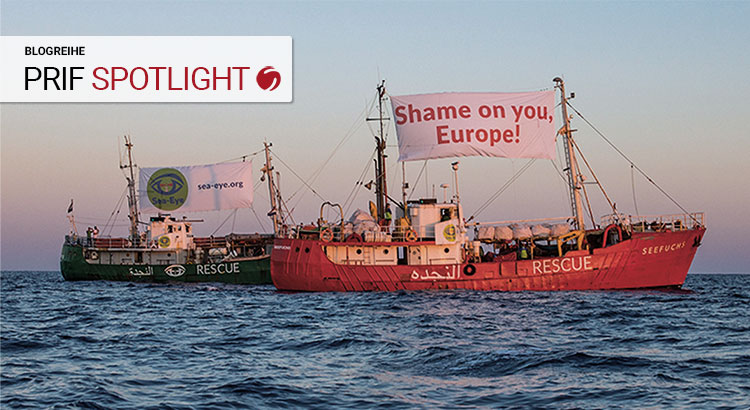
Turning a blind eye? The rescue of migrants in the Mediterranean
In recent years, the waters of the Mediterranean have become an unmarked grave for a myriad of migrants who drowned during their desperate attempt to reach Europe by boat. Urgent steps are needed to stop this humanitarian crisis. Addressing the root causes, including poverty and civil war, which force or prompt people to attempt the dangerous journey is crucial but time-intensive. In the short term, European governments need to reverse their current policies and either substantially increase their own Search and Rescue (SAR) efforts or facilitate the operations of NGOs engaged in saving people at sea.
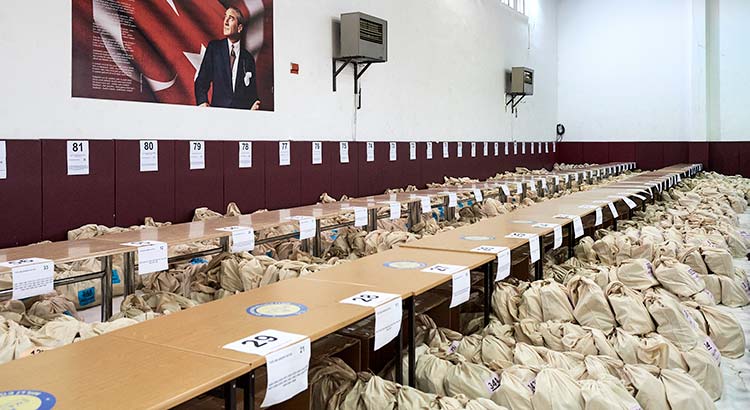
Local elections in Turkey: Can they steer the future of Turkish politics?
The Turkish local elections showed interesting results: the AKP’s alliance gained the majority of the votes (51,67%), while the opposition managed to take over – according to the unofficial results – the key cities such as the capital Ankara and the finance capital Istanbul from the AKP. Even though it can be perceived as an overall success for Erdoğan’s alliance, it might also suggest a decrease in electorates’ support for the AKP’s politics and desire for change in the current political system. Now new challenges –and new conflicts- can be expected for the opposition and the government, which might influence the future of Turkish politics.
The Brexit Fiasco: Lessons for Involving Parliament in Foreign Policy
The UK’s orderly exit from the EU is still in limbo. No matter how things will turn out, the inability of Theresa May’s government to get parliamentary approval for the Withdrawal Agreement has made the process a fiasco. Brexit is delayed, government in crisis, public opinion deeply divided and a „no deal“ Brexit has become a realistic possibility. All of this happened, even though Theresa May applied a tried and tested strategy for pushing international agreements through parliament. Her failure holds important lessons for how (not) to involve parliament in international negotiations.
Saving Multilateralism in Times of Trump: What Can Europe Do?
The Trump administration’s recent statements and actions have removed any doubt that it is set on dismantling part of the multilateral order which the United States once helped build. America’s retreat from the role of a hegemon that creates and enforces order is a problem for US allies committed to a rule-based world. What can they do to save it, and what can they learn from past episodes of US unilateralism? In this blogpost (based on a new article), we argue that even though great challenges remain, in many policy-areas the prospects of a “multilateralism minus one” have improved.
Far-right terrorism: Academically neglected and understudied
The terrorist attack in New Zealand which resulted in 50 deaths and multiple injuries is a bloody and tragic reminder of the threat posed by the far-right. The world has been scarred by an upsurge in far-right attacks, many perpetrated by lone actors. Yet, recent research has demonstrated that the far-right is dramatically understudied in comparison to other forms of violent radicalisation.
Duterte’s war against drugs in the Philippines: Continuity and change
Since the election of Rodrigo Duterte to President of the Philippines, the Philippine National Police has waged an unrelenting war against drug crime that cost the lives of thousands of suspects. A spatial and temporal analysis of the past 30 months suggests that violence is slowly receding. While the situation is still highly problematic, a number of positive developments suggest that in an increasing number of provinces police violence is slowly returning to its pre-Duterte levels. While the master-key for ending the killings lies with the central government, provincial governments can do their share to mitigate the deadly repercussions of the Duterte government’s drug war.
Military cooperation in the Sahel: Much to do to protect civilians
With the emergence of the G5 Sahel cooperation and the creation of a distinct military force – the G5 Sahel Joint Force – military cooperation of the EU in the Sahel has gained new weight. The visit of German Foreign Minister, Heiko Maas, to the region last week together with recent high-level meetings of the G5-Sahel General Secretary, Maman Sambo Sidikou, and Burkina Faso’s President, Roch M. Kaboré, with the German Government highlight this development. The EU, including Germany and France, are key partners to support security and development in the Sahel. However, current developments in combat zones demonstrate the risk of the operating forces to further fuel conflict and accelerate human rights abuses.
